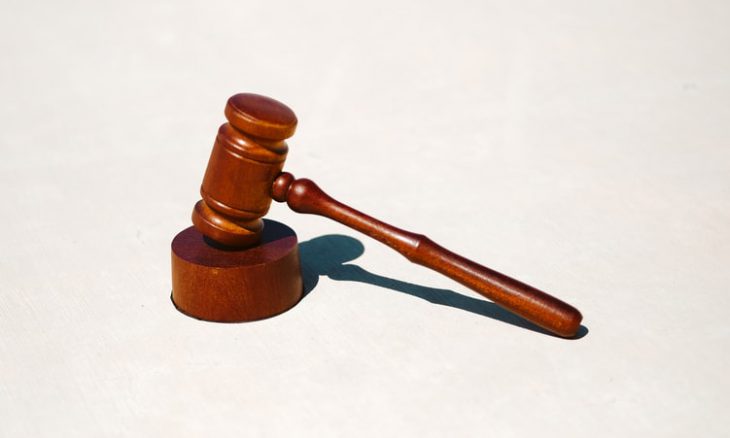The Right to a Fair and Speedy Trial

The Sixth Amendment to the U.S. Constitution guarantees the right of criminal defendants to a public trial without unnecessary delay, the right to a lawyer, the right to an impartial jury, and the right to know who the accusers are, as well as the nature of the charges. It is often referred to as the amendment that provides for a fair trial.
Many of the rights of the Sixth Amendment can be traced back to common law in England which was brought from there over to the colonies. Before the 12th century, criminal trials in England took place in forms that seem strange by today’s standards. For example, in “trial by battle,” persons accused of a crime would fight their accusers to determine who “won” the case. The fights were refereed by robed judges. Another old tradition that predates jury trials was the “trial by ordeal.” In these trials, defendants were forced to undergo potentially life-altering ordeals, such as walking across red-hot metal or being thrown in a river with their hands and feet bound, to determine their fate.
Even during the famed Salem witch trials (Salem, Massachusetts, 1692), guilt might be determined by piercing the person with a needle. If she did not bleed or feel it, it was decided that she was a witch.
Each colony in America determined its own judicial laws. West New Jersey established a set of laws in 1676 that guaranteed a public trial by a jury of twelve “good and lawful men.” Likewise, the Pennsylvania Charter of 1683 included speedy justice and a jury of twelve. Under the Articles of Confederation in 1781, the newly formed union melded some of the criminal laws. However, most of the fair trial laws were established with the ratification of the Constitution and Bill of Rights.
Like many other constitutional freedoms, the definition of “speedy” has been challenged in the courts. In 1905, the Supreme Court dealt with a defendant who was being subjected to two trials, and who alleged his right to a speedy trial was being obstructed in the second of the two trials. The Supreme Court held that each case must be judged on its own circumstances (Beavers v. Haubert). In a 1992 case, Doggett v. United States, when there was more than an eight-year gap between the indictment and prosecution of the defendant, the Court ruled that “the government was to blame for the delay.”
Regarding public trials and whether or not a court can exclude spectators, the Supreme Court has ruled that closed trials violate a defendant’s rights. The caveat was added that “closure must be no broader than necessary,“ as in circumstances where the privacy of a witness is being protected.
The size and impartiality of a jury have also been challenged. Jury make-up, number, selection, and pre-assumptions have all been taken up by the high court. Most often these rulings have favored defendants. Accusations, witnesses, cross-examinations, the protection of minors, and compelling testimony are also issues the Court has ruled on.
When taken together, the various clauses of the Sixth Amendment serve as a counterbalance to the power of government, helping to ensure that trials by jury, in all of its aspects, are protected.
The importance of the jury was shown clearly by the decisions rendered on October 13, 2022, in Florida. A divided jury spared Florida school shooter Nikolas Cruz the death penalty for killing 17 people at a Parkland high school in 2008, Florida law requires a unanimous jury for a death penalty verdict. Instead, after deliberating for about seven hours over two days, the jury voted to send Cruz to prison for the rest of his life. Although the decision distressed many families of the victims, the jury followed their instructions and did as the law provided, to the benefit of the defendant.
Solomon referenced the need for justice to be quick: “Because the sentence against an evil deed is not executed speedily, the heart of the children of man is fully set to do evil” (Ecclesiastes 8:11). God’s Word also says the government can exact justice. “Be subject for the Lord’s sake to every human institution, whether it be to the emperor as supreme, or to governors as sent by him to punish those who do evil and praise those who do good” (1 Peter 2:13-14).
How then should we pray?
- For the nine justices serving on the Supreme Court to be wise in their decisions.
- For judges in the federal court system to rule impartially in the cases they hear.
- For discernment for jurors as they deliberate the evidence and testimonies of the cases on which they serve.
- For Attorney General Merrick Garland to uphold the law without political bias.
- For Justice Department officials and attorneys to serve the nation’s best interests without discrimination.





